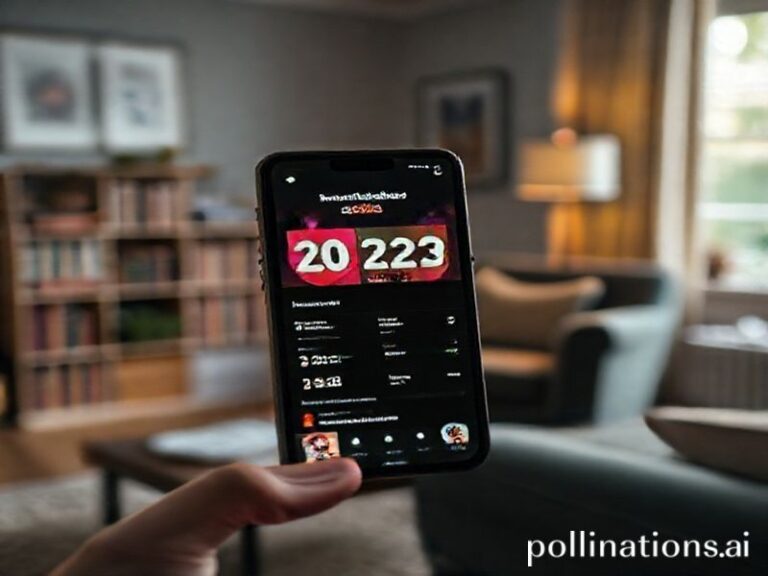Ederson’s Global Reign: How One Brazilian Goalkeeper Became the Metaphor for Our Borderless, Anxious Age
Ederson: The Quiet Apocalypse of the Sweeper-Keeper and the Global Collapse of Boundaries
By Dave’s Locker foreign desk (still technically allowed to leave the building)
There’s a certain morbid poetry in watching Ederson Santana de Moraes—Manchester City’s Brazilian goalkeeper, occasional quarterback, and full-time refutation of the very concept of “goal”—saunter 40 yards from his own net while the world’s stock markets shudder in sympathy. One misplaced Cruyff turn and the Dow might drop another 200 points; after all, risk management is now apparently outsourced to a man wearing neon gloves and the expression of someone who has already priced in human error.
Ederson’s style—half Schmeichel, half Silicon Valley disruption guru—has become a global metaphor for our times: the custodian who refuses to stay in his box, the border guard who’d rather play tiki-taka than patrol the fence. From Singapore to São Paulo, finance bros now cite his heat map in pitch decks about “flattening hierarchies,” blissfully unaware that flattening your own back line is how empires fall.
Yet the international significance runs deeper than a few viral clips captioned “Ice in his veins!” In an era when traditional borders feel as porous as City’s defensive midfield, Ederson embodies the libertarian fantasy of a world without limits. One week he’s pinging 60-yard diagonals over the Etihad, the next he’s launching them metaphorically over the English Channel, Brexit be damned. The man is a one-man Schengen Agreement with shin pads.
Consider the geopolitical optics: here’s a Brazilian imported to Northern England, coached by a Catalan, distributing balls stitched in Pakistan, watched by audiences in Jakarta streaming on Chinese-built 5G. The supply chain of a single Ederson clearance rivals the logistics behind a Pfizer vaccine rollout—only the side effects are limited to the occasional cardiac episode among Sky Sports pundits.
Meanwhile, goalkeepers from Burkina Faso to Belarus are attempting the same sorcery, with predictably calamitous results. Last month, a Macedonian keeper tried an Ederson-style dink and scored the most elegant own-goal since the Treaty of Versailles. FIFA’s analytics department—yes, that’s a real thing—quietly logged it under “externalities of soft power.”
The broader implication? We’ve reached the logical endpoint of globalization: even the last line of defense has joined the gig economy. Ederson’s job description now reads: “Shot-stopper, deep-lying playmaker, occasional sweeper, brand ambassador for fearless futility.” He is, in short, the Uber driver of football—rated five stars for getting you there, minus one for existential dread.
And let us not ignore the psychological fallout. Defenders who once craved certainty now live in the same state of ambient terror as the rest of us scrolling geopolitical Twitter at 2 a.m. They look over their shoulder and see not safety, but Ederson humming the Champions League anthem and eyeing a diagonal that could land in Belgium. Anxiety, formerly a private vice, has become positional play.
Of course, the dark joke is that Ederson rarely pays for his sins. When he gambles and wins, it’s genius; when he loses, the highlight reels are scrubbed by next commercial break. This selective amnesia is the same mechanism that lets nations forget their last financial crash just in time for the next one.
Conclusion: In Ederson we witness the beautiful game distilled to its absurdist essence—a man told to guard the final frontier who instead moonlights as its tour guide. His audacity is thrilling, his failures inevitable, and his global influence undeniable. Somewhere in Davos, a delegate is probably pitching “The Ederson Model” as a blueprint for borderless trade, blissfully ignorant that the original is still just a guy in a fluorescent jersey hoping the ball doesn’t take a funny bounce off a divot and ruin his week.
If that’s not a perfect summary of the 21st-century condition, I’ll eat my press pass—assuming I can still afford the calories after the next market correction.







